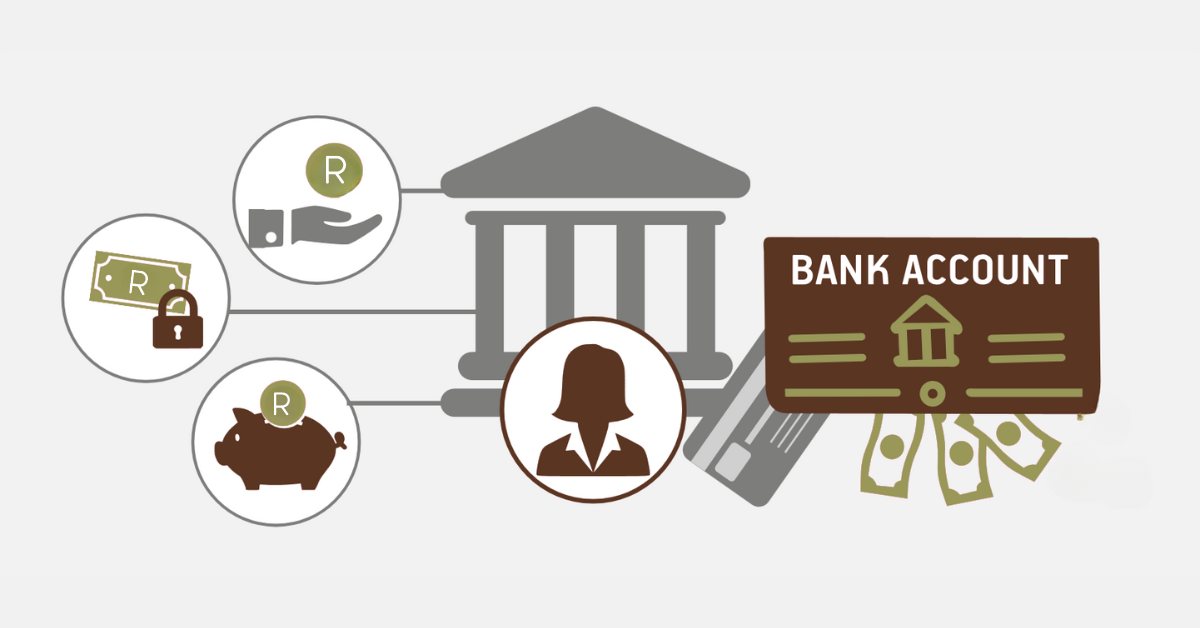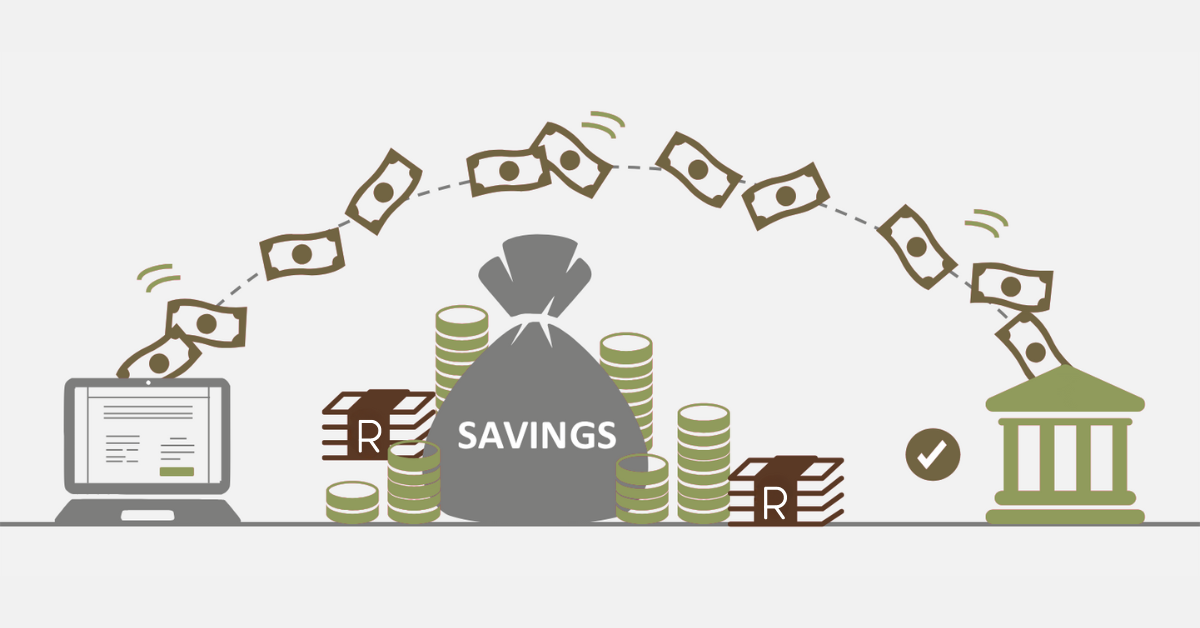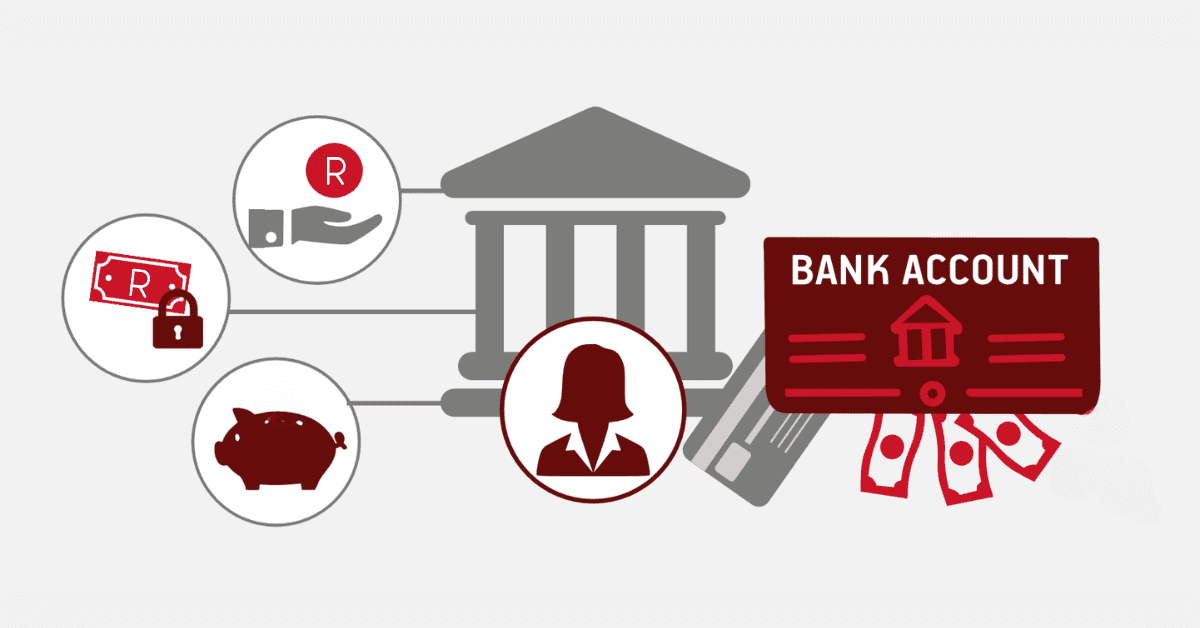It’s tough to save. This is especially true when deciding where to store your money safely. Once you have built the discipline to save part of your monthly salary and decide to invest, there is this nagging worry about taxation. Fortunately, South Africa has a wide variety of TFSAs that enable one to grow wealth without the hassle of taxes. These allow one to save cash without being taxed on the interest or gains one receives. As a result, this presents an excellent option for the saver.
What is a TFSA?
It designates a system through which an individual can save and earn returns on an invested amount without being taxed. This can be either from interest, capital gains, or dividends. The South African government introduced the TFSA to promote savings. The contributions to a TFSA are, therefore, made with after-tax income. Besides, growth concerning this account is not subject to tax. There are, however, contribution limits. Here, you’re required to contribute up to R36 000 in a year. For a lifetime contribution, this stands at R500 000.
Best South African Tax-Free Savings Accounts in 2025
- Standard Bank Tax-Free Savings Account
Standard Bank has two tax-free options. One is the Tax-Free Investment Account. The second case is the Tax-Free Savings Account. You can invest in the stock market with exchange-traded money, putting down at least R250. The minimum deposit into the savings account from this bank is also R250, with interest calculated daily at up to 3.5%. The flexibility to change monthly contributions and the availability of a broad range of investments make both options pretty equal.
- Absa Tax-Free Savings Account
Absa has many tax-free investment products. The products are characterized by different risk appetites and goals: a tax-free fixed deposit account with a minimum deposit of R30,000 and a 12-month fixed term, a tax-free savings account with a lower entry point of a minimum deposit of R1,000 and tiered interest rates, and a tax-free investment account with a minimum deposit of R5,000, giving access to unit trusts and ETFs. Absa offers these for many financial needs, with competitive interest rates in the market.
- Nedbank Tax-Free Savings Account
Nedbank’s Tax-Free Savings Account offers competitive interest rates and therefore represents a good offering for existing customers. The opening minimum amount is R500; no monthly fees or commissions are payable, and partial withdrawals may be made subject to 24 hours’ notice. This account assures capital security with absolute ease in growing your savings tax-free.
- Old Mutual Tax-Free Savings Account
Old Mutual strives to bring ease and flexibility into the Tax-Free Savings Account. You can start with R250 and make a monthly or lump sum contribution afterwards. It is designed to suit any kind of saving goal, like purchasing a home or saving for retirement. Thus, Old Mutual offers simplicity and low taxes on savings.
- African Bank Tax-Free Investment
The African Bank Tax-Free Investment account has competitive interest rates of 8.5%. This product has a minimal entry requirement of R50 and is for every saver category. Contributions can be as low as R50 per month, with interest rates remaining stable for 12 months. This shows that one can expect reliability in this solution in high-yield savings.
- Capitec Tax-Free Savings Account
Capitec does not require a minimum deposit. In addition, you can open an account with as little as R1. The interest rate ranges from 3.5%-8.84%, attributed to the balance in the TFSA. Yes, there is the R300 charge for withdrawals, which helps to ensure that one does not withdraw too much, giving the money the best chance of growing.
- Ninety-One TFSA
Ninety-One offers a user-friendly platform, including detailed fund reports, so all needed to make informed decisions is right before the investor. Each TFSA requires at least R500 a month, or one can invest a one-time amount. An exciting feature is how this facilitates saving on behalf of minor children to secure long-term savings benefits for the younger generation.
- Allan Gray Tax-Free Investment
Allan Gray’s Tax-Free Investment account is focused on building long-term wealth with unit trusts. The minimum amount that one can transfer from other providers is R1,000. It offers professional investment advice. This means it’s suitable for those willing to invest long-term and not worry about capital gains tax.
Benefits of TFSAs
There are broader advantages associated with Tax-Free Savings Accounts. First, they provide a tax-efficient way of saving in that neither the interest earned nor the dividends and capital gains accrued within the account form any part of the owner’s taxable income, consequently making huge savings over time. Secondly, TFSAs do not penalize their contributors or owners for withdrawals made when needed; they contribute or let them withdraw money based on their flexibility.
Thirdly, accounts are offered for various financial goals, such as short-term savings for a specified purchase or long-term retirement investments. Lastly, TFSAs promote a culture of disciplined savings by motivating people to continuously put money into their accounts and help grow one’s money.
Top Providers of Best Tax-Free Savings Accounts in South Africa
Several leading South African financial institutions offer excellent TFSAs. Some of the leading providers include Standard Bank, Absa, Nedbank, Old Mutual, African Bank, Capitec, Ninety One, and Allan Gray. Each has unique features to serve these diversified savings needs and goals best. Now, people have the freedom of choice. Thus, they can decide which provider best aligns with their financial and savings goals.
Can I Open Several Tax-Free Investment Accounts Using My Name?
One may have numerous tax-free investment accounts opened at various financial institutions. Still, the sum of all the entity’s contributions to such accounts cannot be higher than the R36,000 annual or the R500,000 lifetime limit without incurring penalties. Any breach above the amounts set would result in a penalty of 40% tax for the sum exceeding the annual and lifetime limits. Now, when contributing, it is essential to take note of one’s contributions to adhere to how SARS has laid out the rules. Having many accounts will help diversify your investments while at the same time requiring careful management to avoid straying above contribution limits.




